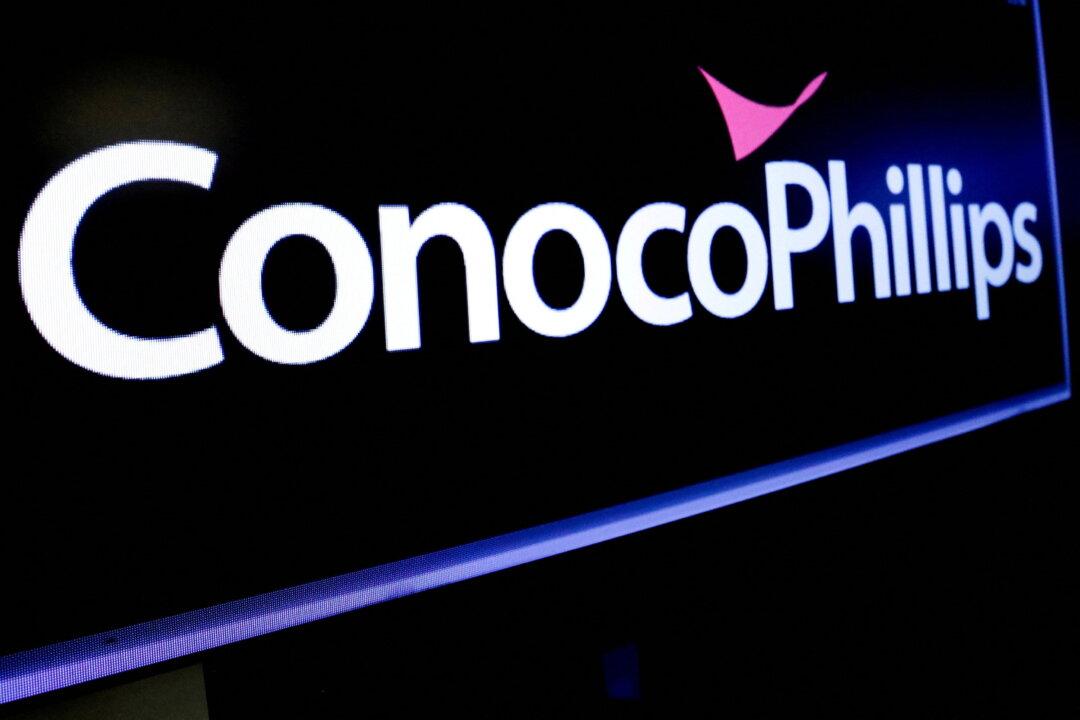Oil and gas firm ConocoPhillips announced Wednesday that it has entered into an agreement to acquire Marathon Oil Corporation in a multi-billion dollar deal expected to close by the end of this year.
The “all-stock transaction” will involve Marathon shareholders receiving 0.2550 shares of ConocoPhillips common stock for each share of Marathon Oil common stock, representing a 14.7 percent premium to Marathon’s share closing price on May 28. Marathon is calculated to have an enterprise value of $22.5 billion and net debts of $5.4 billion, which makes the acquisition valued at $17 billion. The transaction now needs to be approved by stockholders, gain regulatory clearance, and meet other closing conditions. ConocoPhillips expects the transaction to be completed in Q4, 2024.






